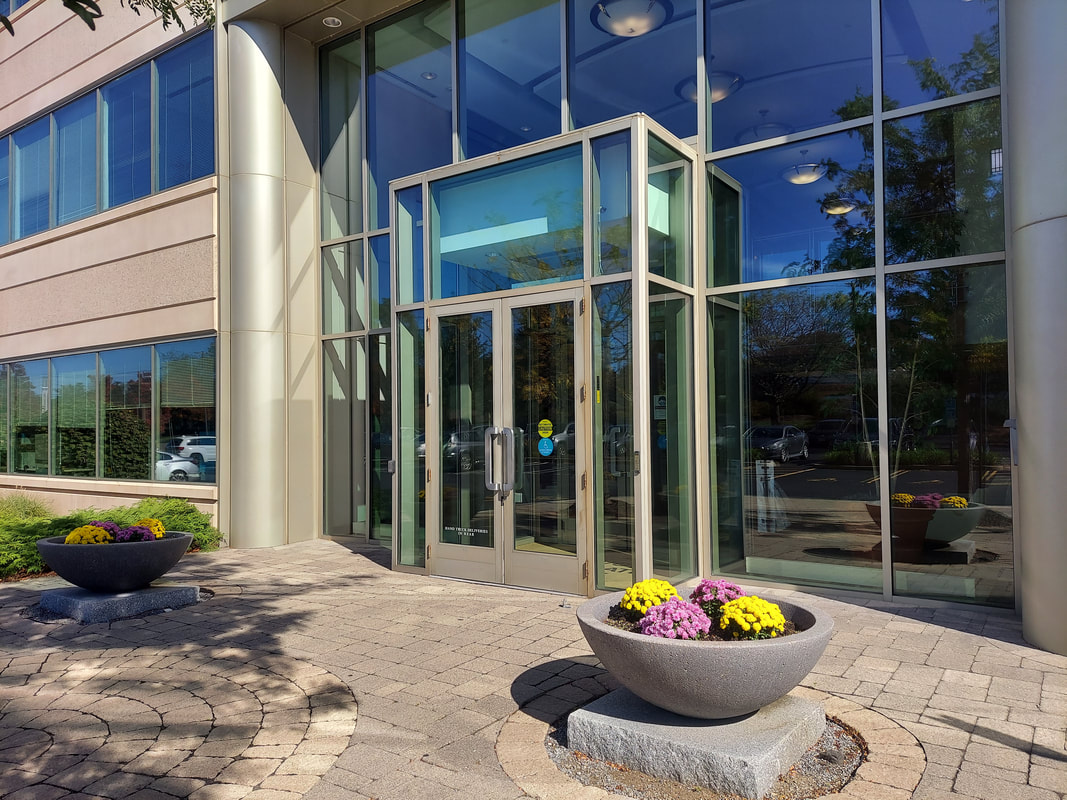Many business start as a sole proprietorship. That may be okay initially especially if there is little perceived risk or liability. That risk and liability can take several forms, each of which has their own characteristics and which will typically guide an attorney in advising his or her client as to which may be the correct form of business entity to choose.
Sole Proprietorship Risk and Liability Considerations
Sole proprietor risk and liability considerations are important to understand. You need to explain your particular business to an experienced business attorney so that attorney can effectively advise you and avoid problems that could have easily been avoided with a little proper planning. First, let's take a look at the different types of risk and liability there are.
Types of Sole Proprietorship Risk
There are different types of risk for different types of businesses. The basic forms of risk are financial risk and person injury of physical risk. Every business faces financial risk which fluctuates based on the strength or cash flow of the particular business. There is a saying that, "Sales cures all business problems." For the most part that is correct. If you have plenty of sales (at the right price of course) your financial worries are minimal, subject to market changes, new competitors moving into your territory or having a lower priced product or service or governmental regulation affecting your business.
Other types of financial risk include employee theft, inability to pay off loans, and lawsuits for any number of reasons. Sole proprietorships are not immune from lawsuits for employment discrimination, harassment, worker's compensation claims and breach of contract. Other lawsuits could be from customers, third parties that are not your customers or businesses. Non-employee lawsuits include breach of contract related to the goods or services you provided a customer, which resulted in them not getting what they paid for or the product or service actually caused some sort of damage to property or caused them they loss of money in their business. There is also the risk of a data breach or the loss of someones private financial information as a result of someone stealing the information from your business papers or hacking your computer system.
Another more serious type of lawsuit would be one in which someone suffered personally injury. Three ways that could happen are by using your product or service, by suffering an injury while at your place of business or perhaps you or an employee cause injury to someone as a result of the service you provided or as a result of an automobile accident.
Other types of financial risk include employee theft, inability to pay off loans, and lawsuits for any number of reasons. Sole proprietorships are not immune from lawsuits for employment discrimination, harassment, worker's compensation claims and breach of contract. Other lawsuits could be from customers, third parties that are not your customers or businesses. Non-employee lawsuits include breach of contract related to the goods or services you provided a customer, which resulted in them not getting what they paid for or the product or service actually caused some sort of damage to property or caused them they loss of money in their business. There is also the risk of a data breach or the loss of someones private financial information as a result of someone stealing the information from your business papers or hacking your computer system.
Another more serious type of lawsuit would be one in which someone suffered personally injury. Three ways that could happen are by using your product or service, by suffering an injury while at your place of business or perhaps you or an employee cause injury to someone as a result of the service you provided or as a result of an automobile accident.
Types of Sole Proprietorship Liability
The types of sole proprietor liability are of course directly related to the types of risk and injury caused. Liability is almost always compensated in a monetary way, but it could also result in your business being shut down. Another scenario could involve a court or governmental agency imposing certain restrictions, requirements or safeguards on you and your business in exchange for you continuing to stay in business.
Protecting Your Business
There are a few ways to protect your business from the risks and liability that are simply associated with doing business, no matter type of business you are running. First, if you enter into contracts with people to sell them goods or services and they have o sign a contract, make sure you have a business attorney draft your contract. In Connecticut for instance, those that run a trade business like landscapers, masons, plumbers, electricians, roofers, and carpenters, to name a few, a required to make sure they are licensed Home Improvement Contractors and their contract must meet very specific requirements, other wise they are in violation of the CT Home Improvement Act and can be fined. Also, they would likely lose a lawsuit in a dispute with a homeowner. Some of the things a CT Home Improvement Contract must contain are the transaction date, a start date, a finish date and a notice of right of cancellation.
Other contracts that are useful for a sole proprietorship are sales contracts, scope of work contracts, employee contracts, employee handbooks, consulting agreements, confidentiality agreements, non-circumvention agreements, non-disclosure agreements, hold harmless agreement,
Other contracts that are useful for a sole proprietorship are sales contracts, scope of work contracts, employee contracts, employee handbooks, consulting agreements, confidentiality agreements, non-circumvention agreements, non-disclosure agreements, hold harmless agreement,


